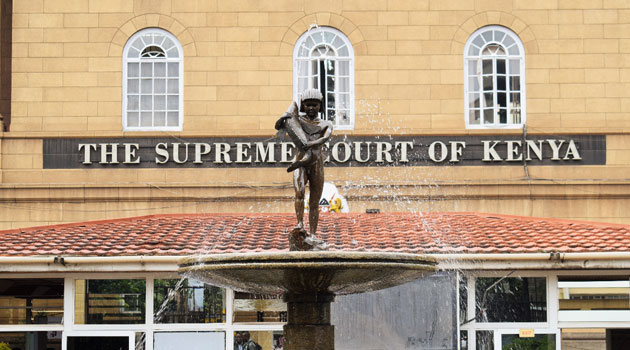
| Feature | Court-Annexed Mediation (CAM) | Private Mediation |
| Referral | Cases are referred by the court after being filed. | Initiated privately by the parties, either before or during litigation. |
| Control | Process is structured under the Judiciary’s framework. | Parties have more flexibility to design their own process. |
| Mediator | Appointed by the court from the official MAC registry. | Chosen by the parties, offering greater control over selection. |
| Enforceability | If a settlement is reached, it is filed in court and adopted as an order, making it immediately enforceable as a court judgment. | A private settlement is a binding contract. To be enforceable as a court order, it must still be filed and adopted by the court. |
| Cost | Costs are regulated and often lower than private mediation. For some court-referred cases, the cost may even be free. | Fees are privately negotiated between the parties and the mediator. |
| Flexibility | Less flexible in process and timeline compared to private mediation, as it operates within the court system. | Allows for greater customization, including scheduling and procedures. |
| Expertise | Mediators often have general experience, though specialization is growing. | Parties can select a mediator with specialized expertise relevant to their specific dispute (e.g., commercial law). |
| Publicity | The referral is a matter of court record, though the sessions are confidential. | Entirely confidential, with no public record unless an agreement is filed for enforcement. |
Summary
Both CAM and private mediation offer excellent alternatives to litigation in Kenya. However, your choice will likely depend on whether you are already in court, the degree of control you want over the process, and your budget.
Shafiq Taibjee
Lawyer/Arbitrator/Mediator/Certified Islamic Arbitrator & Expert
Honorary Fellow IICRA (UAE)
